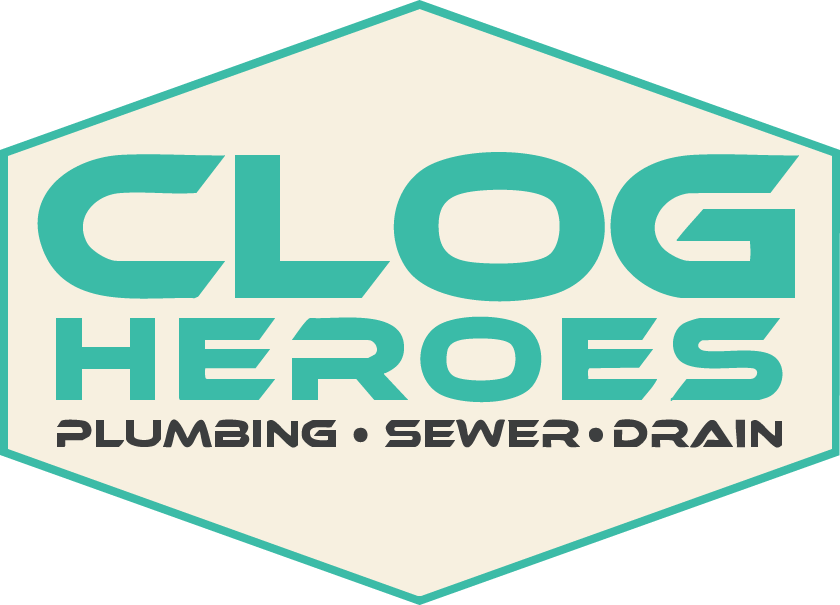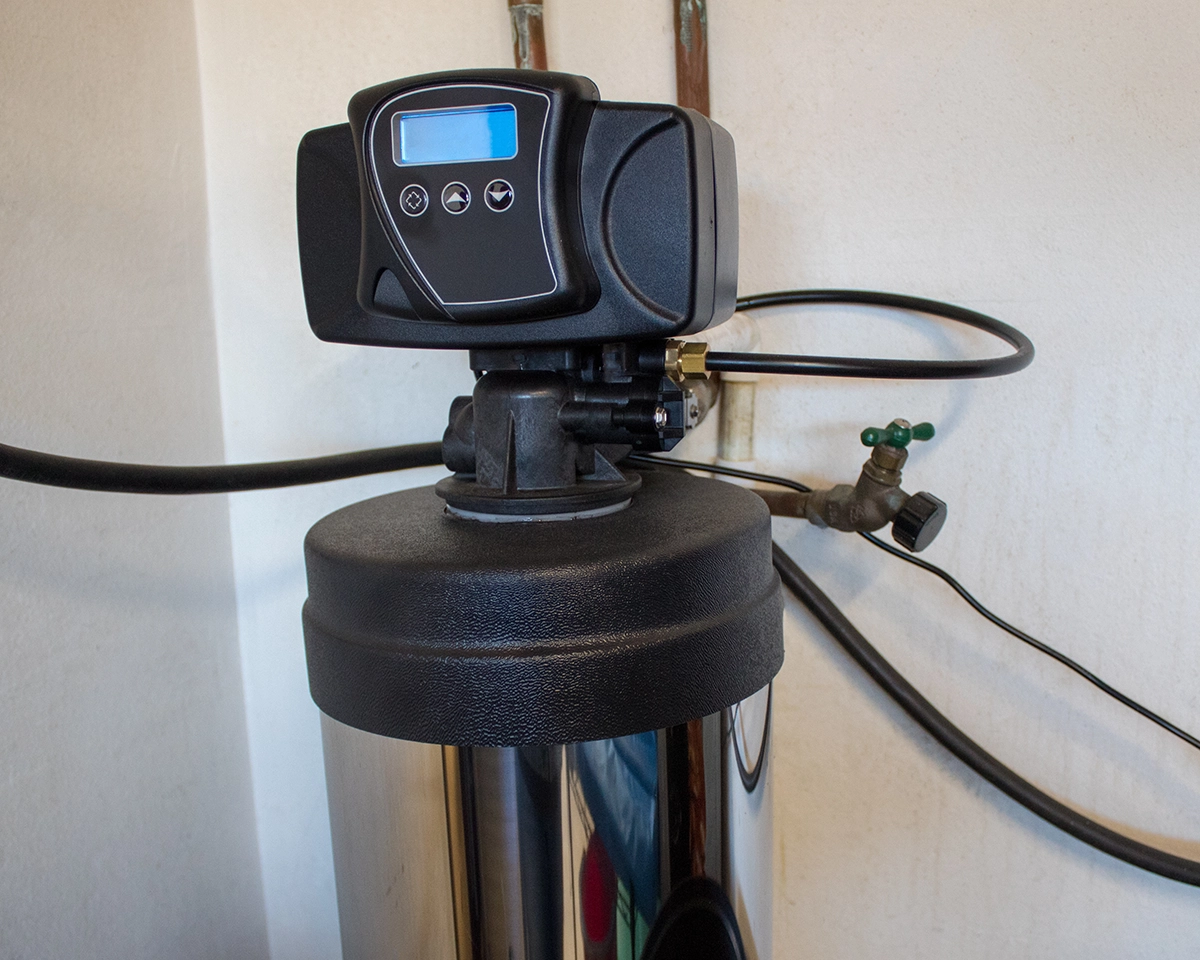How Long Do Water Softeners Last? What to Expect
Home /
If you rely on a water softener to reduce mineral buildup in your home, you might be asking yourself: how long do water softeners last? At Clog Heroes, we help homeowners across Fredericksburg, VA maintain clean, efficient plumbing systems—and that often starts with keeping an eye on aging equipment. Knowing the expected lifespan of your water softener and recognizing signs of failure can save you money, protect your pipes, and keep your water quality consistent.
How Long Do Water Softeners Last on Average?
Most water softeners last between 10 to 15 years, depending on the model, water conditions, and how well the unit is maintained. Some high-end models can stretch to 20 years with proper care, while basic systems that aren’t maintained might struggle to make it to the 10-year mark.
The type of resin used, the number of regeneration cycles, and the hardness of your water all play major roles in how long your water softener will hold up. In Fredericksburg, where water hardness levels can vary, having the right system for your home’s needs is crucial to long-term performance.
What Affects the Lifespan of Water Softeners?
1. Water Hardness in Your Area
The harder your water, the more work your softener has to do. In Fredericksburg, many homes have moderately hard to very hard water. This leads to more frequent regeneration cycles, which puts additional strain on the resin bed and internal components over time.
2. Frequency of Maintenance
Like any household appliance, water softeners require routine upkeep. Skipping basic maintenance such as cleaning the brine tank or checking the salt levels can shorten your softener’s lifespan dramatically.
3. Salt Type and Water Quality
Using the wrong type of salt—or letting the tank get dirty—can lead to bridging or mushing, both of which reduce efficiency. In addition, high levels of iron, manganese, or chlorine in the water can degrade the resin beads more quickly.
4. Usage Demands
Larger households or homes with multiple bathrooms will naturally put more demand on a water softener. More usage means more regeneration cycles and faster wear on parts.
5. System Quality and Installation
Investing in a high-quality system that’s professionally installed will always pay off. A poorly installed or incorrectly sized system may never work efficiently and could break down sooner than expected.
Signs Your Water Softener Is Going Bad
Even a well-maintained softener doesn’t last forever. Watch for these common warning signs:
Spots and scale buildup: If hard water stains are suddenly reappearing on dishes, faucets, or shower doors, your softener may not be functioning properly.
Dry skin and hair: When your softener stops removing minerals effectively, you’ll likely notice the return of dryness or irritation.
Soap doesn’t lather well: One of the first signs of hard water returning is when shampoo and soap stop producing a good lather.
Higher water bills: An inefficient softener may use excess water during regeneration cycles.
Frequent regenerations: If your system is regenerating too often—or not at all—it could signal a problem with the control valve or timer.
Unusual noises: Clunking, grinding, or whirring sounds may indicate mechanical wear or internal damage.
Resin in water lines: Deteriorated resin beads can break apart and show up in your home’s plumbing system.
If you notice any of these issues, it’s best to have a professional plumber inspect the unit before bigger problems develop.
Can Water Softeners Be Repaired?
In many cases, yes. Common repairs include replacing a clogged venturi valve, cleaning the brine injector, fixing a float assembly, or unclogging the drain line. However, if your softener is older and multiple components are wearing out, it might be more cost-effective to replace the unit entirely.
The good news is that newer water softeners are often more energy-efficient and come with advanced features like smart controls, automatic salt monitoring, and system alerts.
How to Extend the Life of Water Softeners
To make your system last as long as possible, follow these tips:
Use the correct salt: Stick with evaporated salt pellets for minimal residue and buildup.
Clean the brine tank annually to prevent sludge and salt bridges.
Flush the resin bed using a specialized cleaner to remove iron, sediment, and organic buildup.
Install a sediment filter ahead of your softener to protect against debris and silt.
Keep an eye on your settings: Make sure the regeneration cycle matches your water usage patterns.
Test your water quality regularly to ensure the system is still removing hardness effectively.
Schedule routine inspections with a licensed plumber every year or two.
Preventative care not only keeps your water softener in top shape—it also protects your plumbing fixtures, water heater, and appliances from scale damage.
Is It Time to Replace Your Water Softener?
If your system is over 10 years old and you’re dealing with multiple warning signs—like cloudy water, ineffective softening, or constant repairs—it may be time to replace it. Today’s systems are more efficient, easier to maintain, and better equipped to handle varying water conditions.
When choosing a replacement, it’s important to consider:
The size of your household
The hardness of your local water supply
Features like digital controls, dual tanks, or low-salt indicators
Warranty and manufacturer support
At Clog Heroes, we’ll help you find the right unit for your home and make sure it’s installed for long-lasting performance.
Trust Clog Heroes for Water Softener Service in Fredericksburg
Knowing how long water softeners last is the first step in protecting your plumbing and your comfort. Whether you need a quick repair, a system tune-up, or a brand-new installation, Clog Heroes is here to help. We’re local, licensed, and committed to providing solutions that make your water cleaner, softer, and easier on your pipes. Call Clog Heroes today to schedule a water softener inspection or get a free replacement estimate in Fredericksburg, VA!

